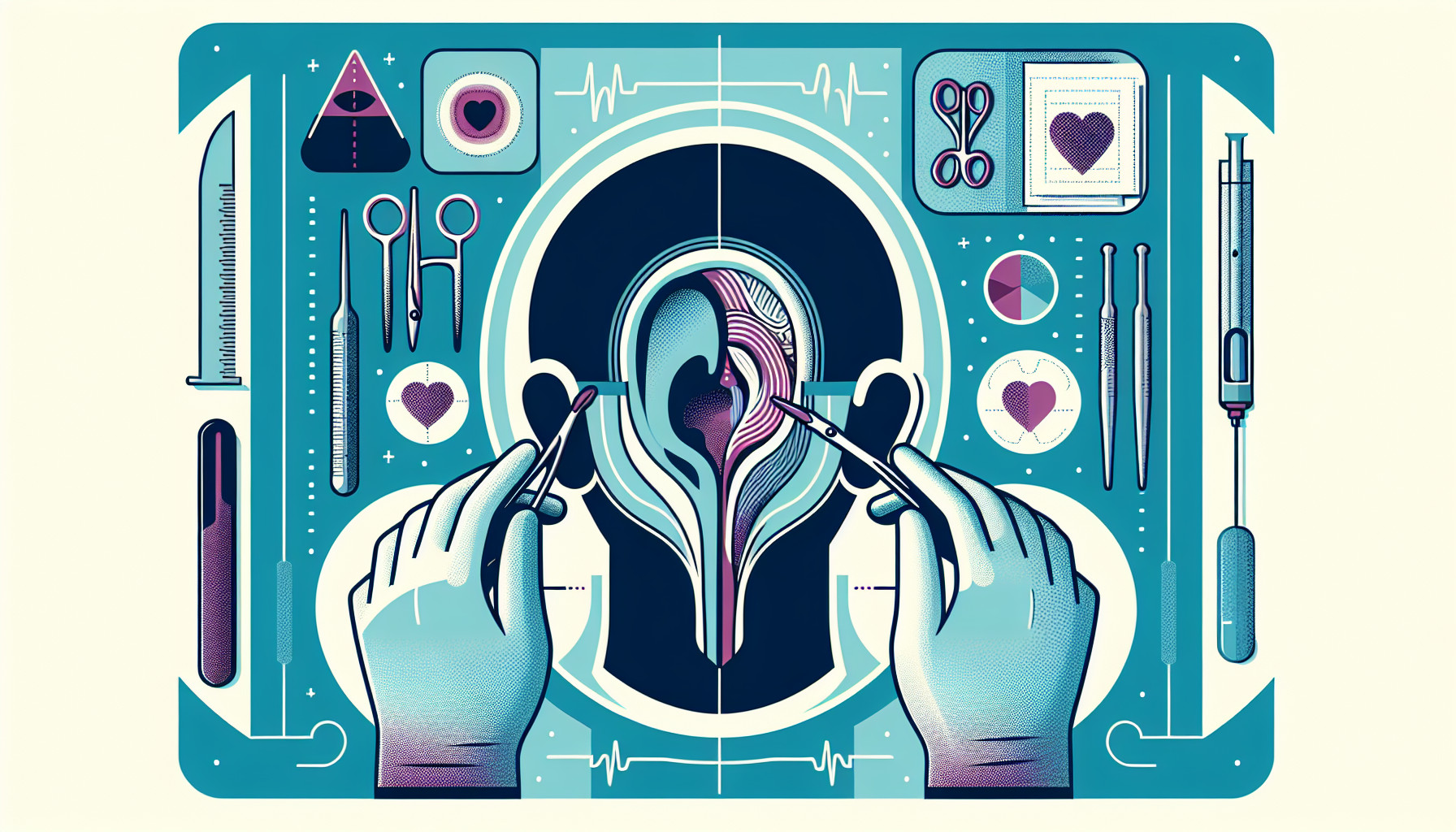Our Summary
This research looks into how playing wind instruments (like flutes or trumpets) impacts certain parts of the ear, specifically the eustachian tubes (which connect the middle ear to the back of the nose) and the middle-ear resonance frequency (the speed at which the ear vibrates). Nobody had studied this before.
The researchers gathered two groups: one of 28 wind instrument players from an orchestra, and another of 34 regular people, to compare their ear functions. They used a special test and a device that measures the vibration of the ear to do this.
The results? The musicians, particularly those who play instruments like the flute or clarinet, showed signs of eustachian tube dysfunction. Also, their ears vibrated at a higher speed after a performance.
This is the first time anyone has used these methods to study the ear functions of wind instrument players. The findings suggest that playing these instruments may affect the eustachian tubes and cause the ear to vibrate faster. But more research is needed to understand if these changes impact the musicians’ professional performance.
FAQs
- What was the purpose of this research on ear tube surgery?
- What were the main findings of the research on the impact of playing wind instruments on ear function?
- Does playing wind instruments affect professional performance, according to the research?
Doctor’s Tip
A doctor might tell a patient getting ear tube surgery to avoid playing wind instruments, especially those like the flute or clarinet, as it may impact the function of the eustachian tubes and the vibration of the ear. It is important to follow this advice to ensure successful recovery and minimize any potential complications.
Suitable For
Patients who experience chronic ear infections, fluid buildup in the middle ear, or hearing loss due to eustachian tube dysfunction are typically recommended ear tube surgery. Additionally, patients who have recurring ear infections that do not respond to other treatments may also be candidates for ear tube surgery.
Timeline
Before ear tube surgery:
- Patient experiences symptoms of eustachian tube dysfunction, such as ear pain, pressure, and hearing loss.
- Patient undergoes a consultation with an ENT specialist who recommends ear tube surgery as a treatment option.
- Patient undergoes pre-operative testing to assess their ear function and overall health.
- Patient schedules a date for the surgery and receives instructions on how to prepare for the procedure.
After ear tube surgery:
- Patient arrives at the hospital or surgical center on the day of the surgery and is prepped for the procedure.
- Patient undergoes ear tube surgery, which typically takes less than 30 minutes and is performed under general anesthesia.
- Patient wakes up from anesthesia in the recovery room and is monitored for any immediate complications.
- Patient is discharged home the same day with instructions on how to care for their ears post-surgery.
- Patient follows up with their ENT specialist for a post-operative appointment to ensure the ear tubes are functioning properly and to address any concerns or complications.
- Patient experiences relief from symptoms of eustachian tube dysfunction, such as improved hearing and reduced ear pain or pressure.
What to Ask Your Doctor
Some questions a patient should ask their doctor about ear tube surgery in light of this research include:
- Will playing wind instruments impact my recovery from ear tube surgery?
- Are there any specific precautions I should take if I continue to play wind instruments after the surgery?
- Could playing wind instruments contribute to any complications or issues with the ear tubes?
- Is there a risk of developing eustachian tube dysfunction or changes in middle-ear resonance frequency due to playing wind instruments after the surgery?
- How soon after the surgery can I safely resume playing wind instruments?
- Are there any specific exercises or techniques I should follow to ensure the best possible outcome for both my ear health and my musical performance?
- Should I schedule regular check-ups or evaluations to monitor any potential changes in my ear functions as a wind instrument player post-surgery?
- Are there any other factors related to playing wind instruments that I should consider before undergoing ear tube surgery?
Reference
Authors: Ozer F, Ozer C, Erbek S, Ozluoglu LN. Journal: Folia Phoniatr Logop. 2021;73(6):586-594. doi: 10.1159/000517064. Epub 2021 Aug 19. PMID: 34412053
